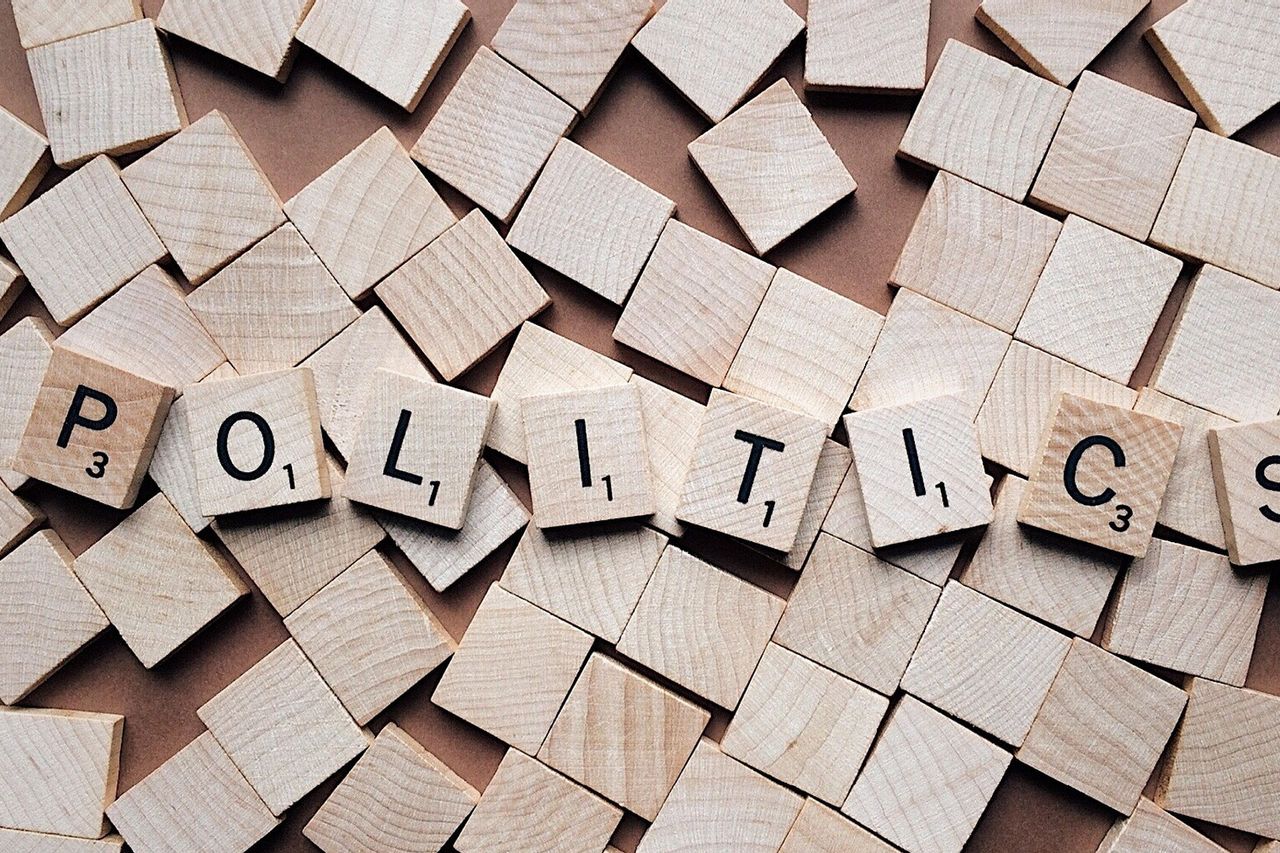Observer: Need To Encourage More Inclusive Political Party Institutional Reform

JAKARTA - Executive Director of The Indonesian Institute (TII) Adinda Tenriangke Muchtar assessed that the institutional reform of political parties should be encouraged to become inclusive, relevant, and responsive so that it becomes a step to make improvements to political parties.
Adinda Tenriangke Muchtar explained that research by his institution states that political parties are institutions that have an important role in a democratic system. However, currently this role is hampered due to weak internal party institutionalization.
"Weak institutionalization makes political parties tend to be more exclusive so that the space for inclusion is not yet fully open, especially for the involvement of women and young people," said Adinda as quoted by Antara, Thursday, April 22.
He explained that in general the TII research looked at the internal and external aspects of political parties. However, his research analysis focuses more on the internal aspects of the party, in particular how to encourage efforts to strengthen political party institutions.
Regarding the internal dimension, Adinda mentioned that several issues that are the focus of this study are the issue of political recruitment, such as the inclusion of young people and women in political parties, the existence of research units, and party funding.
"On the external dimension, the research findings are analyzed by connecting issues of public trust, social accountability, and related regulations in political parties," he said.
According to him, based on TII's research findings, an agenda is needed to encourage internal party reform and the inclusion of youth in political parties.
He considered that the first step that could be taken was to encourage parties to be more inclusive, especially for the younger generation; encourage parties to be more relevant, including to grassroots and marginalized groups; strengthening internal party democracy; and improve party institutions.
"Including in the management of the party and increasing the role of the research division, as well as improving the performance of the party in carrying out its functions," he said.
TII recommends several points for carrying out institutional reform and the inclusion of youth in political parties, namely opening up a wider recruitment process for members, including for the younger generation; strengthening the role and position of young cadres through capacity building and involvement in substantive matters within political parties.
In addition, according to him, improving the model and intensity of communication with other democratic actors, and encouraging democratic parties based on ideology, platform and code of ethics, not based on personalization or kinship.
Other recommendations, he continued, are strengthening party institutions, especially through the internalization and application of party ideologies, platforms and programs as well as maximizing research functions to encourage data-based policies and social accountability; improve the governance of party organizations, especially those concerning achievement and a democratic system.
TII also recommends that party financing be made transparent and accountable, develop sustainable funding and resolve conflicts, and conduct regular monitoring, evaluation and reporting on the implementation of party functions.
According to him, these recommendations must also be supported by other democratic stakeholders, such as civil society, mass media, government, parliament and society.
